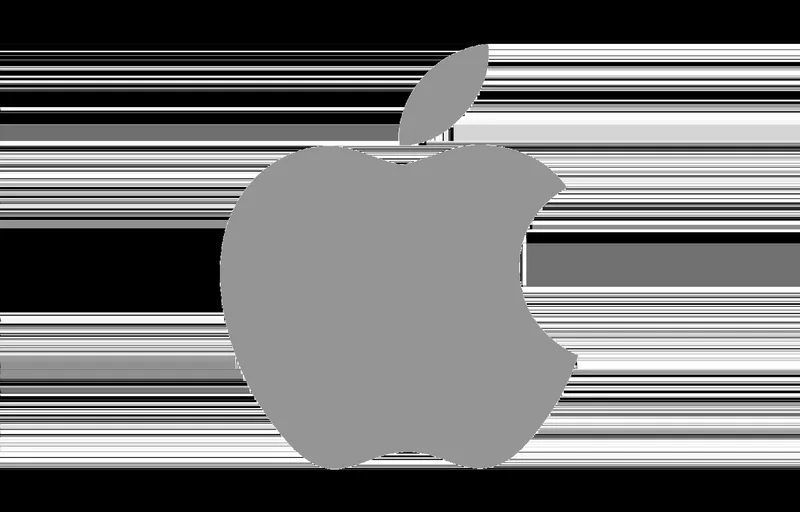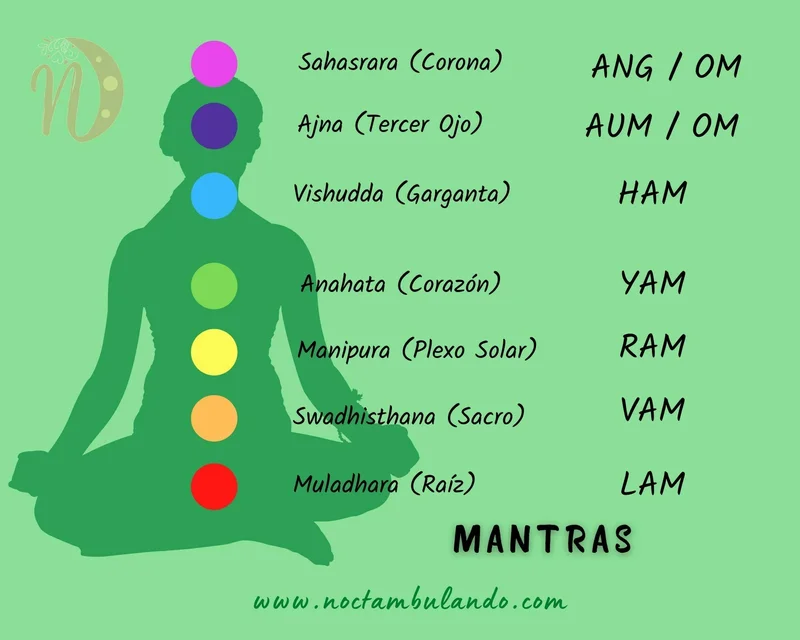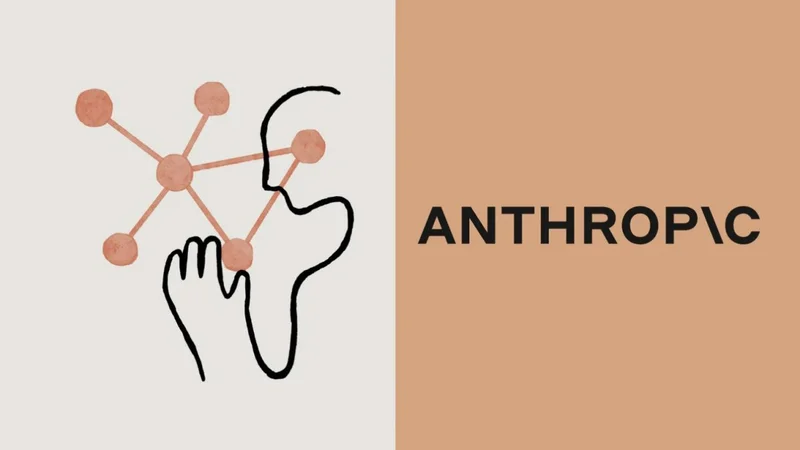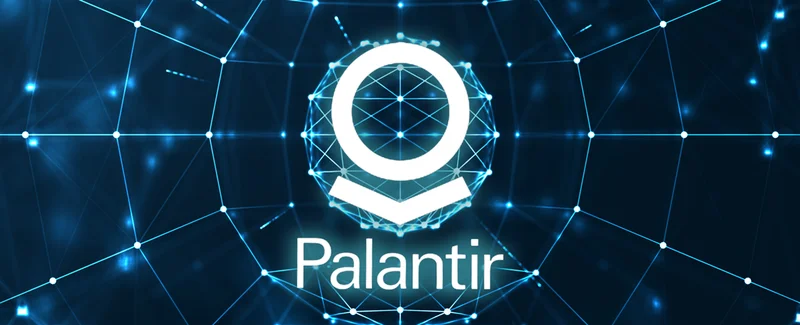nvo stock: What's happening and what we know
The Inevitable Singularity is Closer Than You Think
I've been following technology for decades, and every so often, something comes along that just… changes everything. It's not just an incremental improvement; it's a fundamental shift in how we understand what's possible.
It's Not Science Fiction Anymore
We've all heard the term "singularity"—that hypothetical moment when technological growth becomes uncontrollable and irreversible, resulting in unfathomable changes to human civilization. It used to be the realm of science fiction, a distant dream (or nightmare, depending on your perspective). But lately, I've been seeing signs that we're not just inching closer; we're accelerating towards it.
Think about it: AI is no longer just a tool; it's becoming a partner, capable of learning, adapting, and even creating. We're seeing breakthroughs in areas like machine learning, natural language processing, and computer vision at an exponential rate. The speed of this is just staggering—it means the gap between today and tomorrow is closing faster than we can even comprehend. I remember when the idea of a self-driving car was a joke. Now? It's not a question of "if," but "when" they'll be ubiquitous.
And it's not just AI. Consider the advances in biotechnology, nanotechnology, and quantum computing. Each of these fields, on its own, has the potential to revolutionize our world. But when they start to converge, when AI can design new drugs, when nanotechnology can build self-replicating machines, when quantum computers can solve problems that are currently impossible—that's when things get really interesting. It's like the invention of the printing press, but on steroids. The printing press democratized information; this will democratize… well, everything.
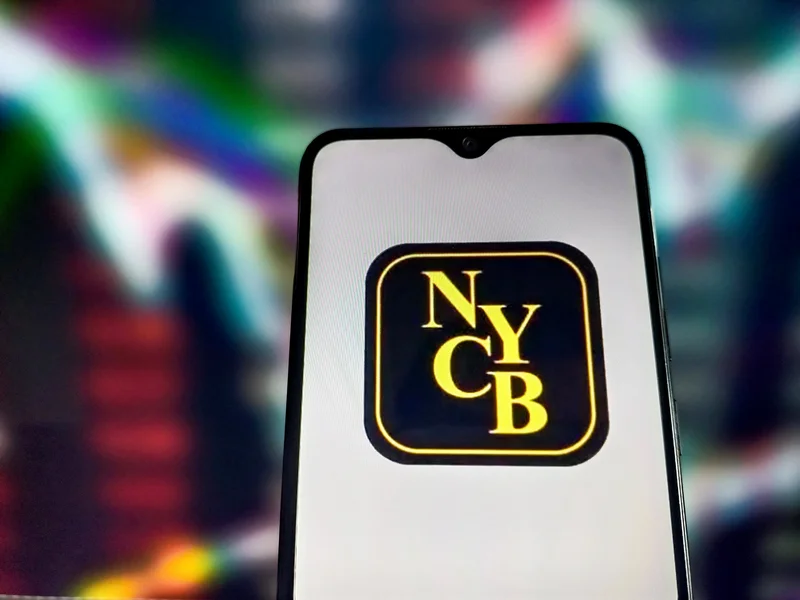
What does this mean for us? What new industries will emerge? What new possibilities will open up? How will it change the way we live, work, and interact with each other? These are the questions that keep me up at night—in the best possible way.
Of course, with great power comes great responsibility. We need to be mindful of the ethical implications of these technologies. We need to ensure that they are used for the benefit of all humanity, not just a select few. We need to have open and honest conversations about the risks and rewards of the singularity. But I believe that, with careful planning and thoughtful consideration, we can navigate this transition successfully.
When I first saw some of the recent AI demos, I honestly just sat back in my chair, speechless. It reminded me why I got into this field in the first place—the sheer, unadulterated excitement of discovery, the feeling that anything is possible. I'm not saying it's going to be easy. There will be challenges, setbacks, and unexpected consequences. But I truly believe that the potential rewards are worth the risks.
A New Dawn is Breaking
It’s time to embrace the future, to push the boundaries of what's possible, and to create a world where technology empowers us all. The singularity isn't something to be feared; it's something to be embraced. It's a chance to build a better future for ourselves and for generations to come.
Related Articles
Apple News Today: AI Developments and Stock Performance
Apple's Foldable iPhone: A $2,500 Gamble on Under-Screen Cameras? The whispers surrounding Apple's f...
MANTRA: Why This AI Isn't Just an Upgrade—It's a New Beginning
I spend my days tracking exponential curves. I map the blistering trajectory of processing power, th...
Anthropic AI: What It Is and Why You Should Probably Be Skeptical
Alright, let's get this straight. Another day, another "revolutionary" AI breakthrough promising to...
GALA: Tracee Ellis Ross and the "Push Humanity Forward" Nonsense
Another Pat on the Back for... Doing Their Job? So, the Ebony Power 100 Gala happened. Big deal. Ano...
Internet Computer: What is it?
[Generated Title]: People Also Ask: The Internet's Dumbest Rabbit Hole? Alright, let's talk about "P...
Palantir Stock (PLTR): The Hype, The Price, and Why It's Not Nvidia
So, let me get this straight. The U.S. Army hands a nine-figure contract to the tech-bro darlings of...
